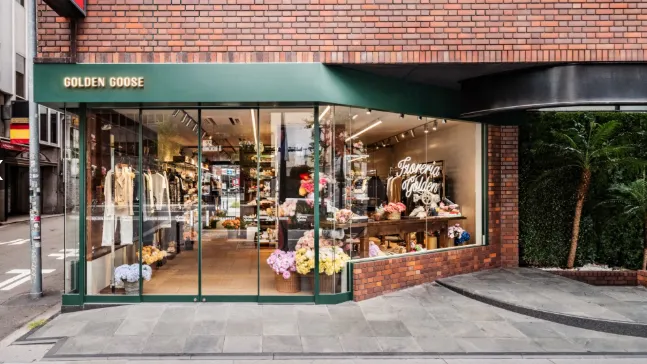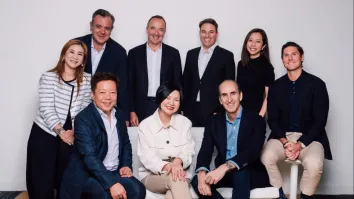Singapore's homegrown Japanese food group kick-starts expansion agenda
RE&S Enterprises, Singapore’s homegrown Japanese food specialist, announced plans for a major expansion programme as it opened a new purpose-built facility in Singapore last month.
At the official opening of the seven-storey RE&S building, Hiroshi Tatara, president of RE&S Enterprises, said the new facility provided the “perfect springboard for a new era of growth”.
Established in Singapore in 1988 on the back of a single restaurant, RE&S currently operates 60 Japanese restaurants and stores in the region, under 18 distinct brands, and records annual revenues of more than S$130 million.
The new RE&S building houses a highly mechanised and automated central kitchen which includes Singapore’s first fully automated rice and tamago lines and an in-house food laboratory.
The kitchens of RE&S currently produce almost five tonnes of food per day to support the company’s restaurant network which includes unique concepts such as Kuishin Bo – Singapore’s authentic Japanese buffet restaurant, Shimbashi Soba – handmade soba noodles, and Men-ichi, which offers authentic ramen.
Occupying 60,000sqf of the 100,000sqf facility, the kitchens have a capacity to scale up to 30,000 tonnes of food production per day to meet the company’s ambitious growth plans.

RE&S Enterprises’ Hiroshi Tatara: While we will continue to expand throughout Singapore, regional and international expansion is very much on the agenda.
“This new facility fully supports our aim to push the current boundaries of productivity and innovation to increase revenue from the current S$130 million per year to S$500 million per year over the medium term,” said Tatara.
“And while we will continue to expand throughout Singapore, regional and international expansion is very much on the agenda,” he added.
RE&S also aims to increase the number of customers it serves yearly, from the present 7 million to 40 million by 2018.
Track record of innovation
Tatara also highlighted RE&S’ 26-year track record of innovation and a commitment to further explore productivity initiatives.
At the RE&S Central Kitchen, a team of 15 product development master chefs oversees kitchen operations and undertakes research to create new food products.
More than S$5 million has been invested in kitchen equipment with the latest food processing technology.
The Central Kitchen is equipped with 14 automated food processing lines for fresh food, vegetables, meat and seafood, pastries and baked goods and for food packing.
RE&S said it is the first F&B company in Singapore to trial “proton freezing”, a technology that uses electromagnetic waves to freeze water molecules in such a way as to preserve the taste and texture of food.
The RE&S procurement office based in Osaka, Japan, sources the freshest catch of the day along with seasonal produce for same-day air transport to Singapore, three times a week.
Other ingredients are sourced from neighbouring countries to reduce the company’s carbon footprint. Almost 70% of fruits and vegetables is source from Malaysia, Buckwheat, a key ingredient for soba noodles, is sourced from Tasmania which has the ideal climate for buckwheat.
RE&S chefs inspect all foods for quality and ensure all imports have a certificate of origin.
Manpower
To overcome the manpower shortage, RE&S aggressively drives productivity improvement programmes, first through the re-engineering of processes, and also in supply chain integration by implementing specific productivity improvement software which has been enabled the company to achieve nearly 1,400 manhour savings per month.
Talent development is a key priority too, and RE&S is working closely with SPRING Singapore on several programmes to develop its staff.




















 Advertise
Advertise






